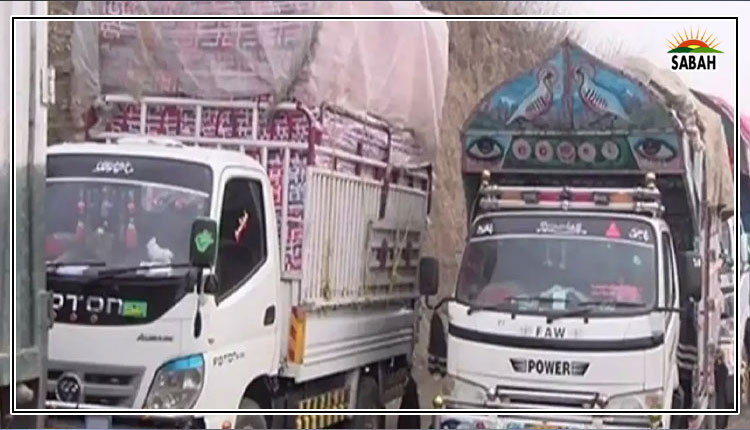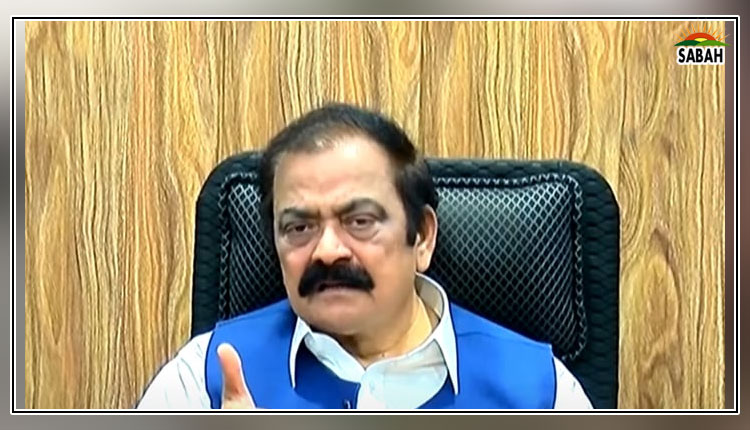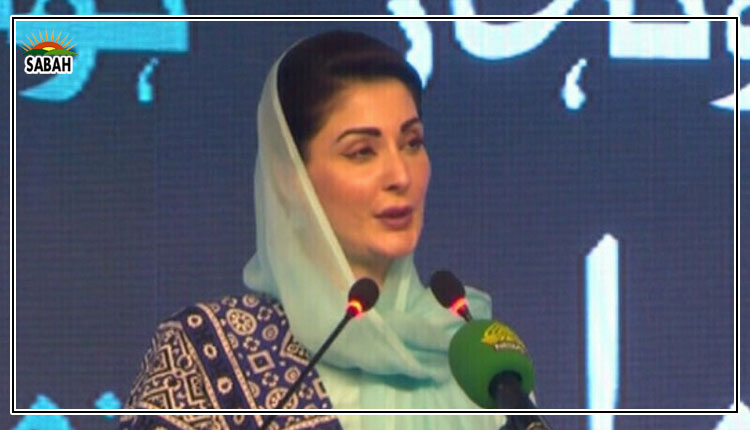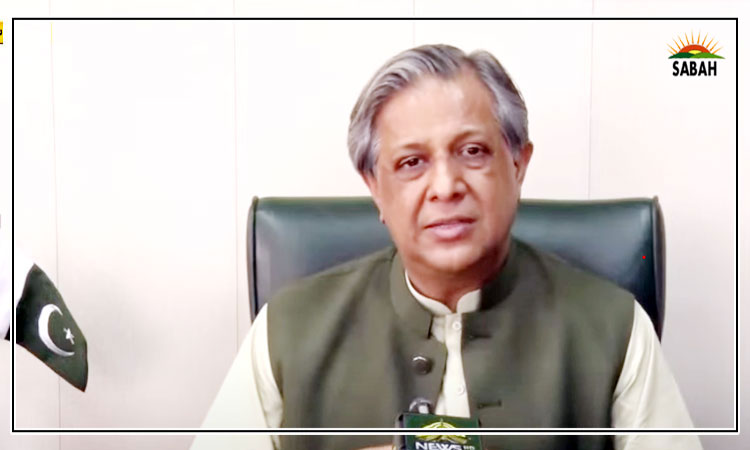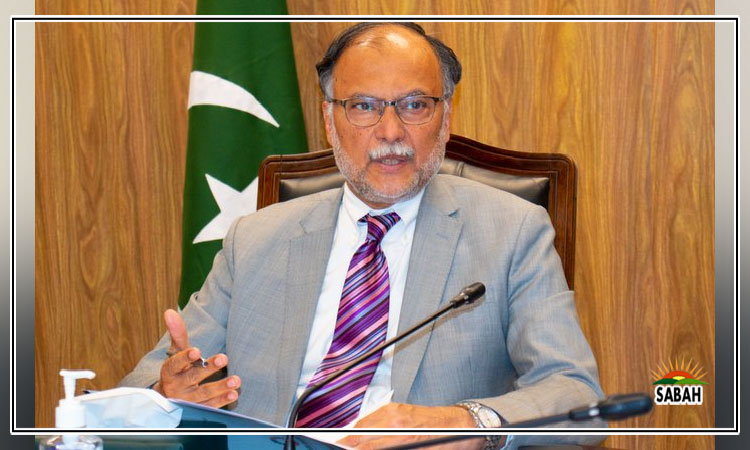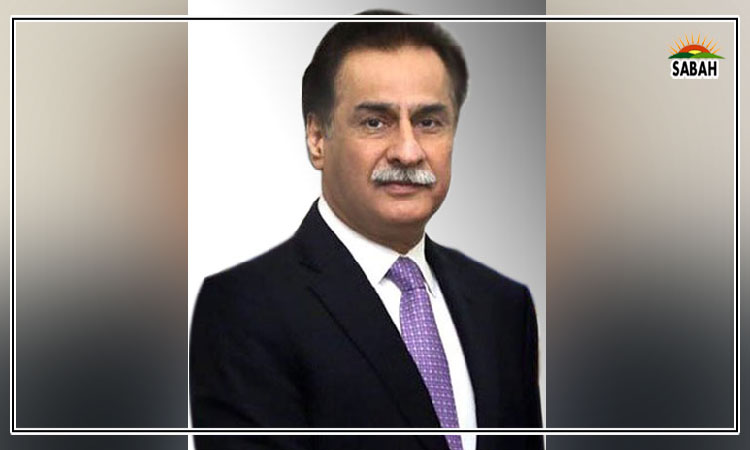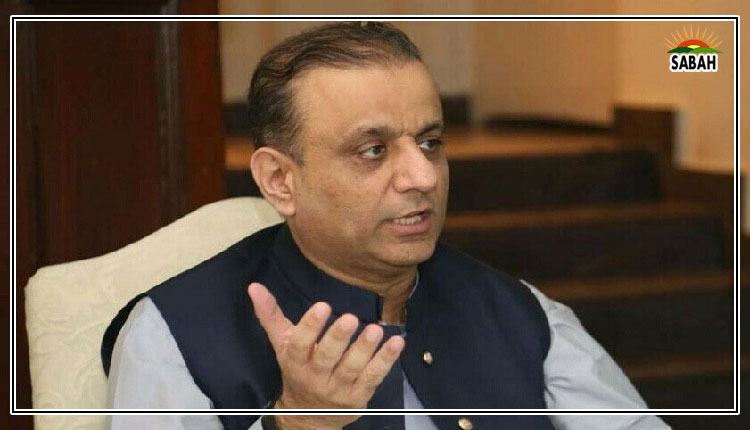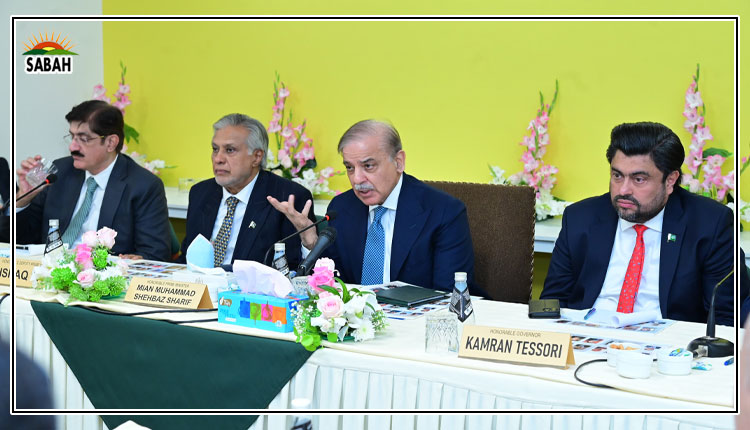Caste in iron…Shahzad Sharjeel
DEVENDRA Gangadharrao Fadnavis, a BJP politician from Maharashtra, knows how to remain in the news. I first came across the family name Phadnis in the 1990s and thought it strange-sounding, knowing full well that words that sound normal and may even be lyrical to us could be jarring to uninitiated ears. Many of our family names are derived from the trade our forefathers plied.
The connection between surnames like Darowala, Batliwala, Bandooqwala, and their family businesses was easier to establish because these trades are still practised. Businesses may have changed hands, and the names reflect only the lineages. More difficult to ascertain are the connections between names and professions that we do not encounter in our daily urban lives.
Mujumdar, Lambardar or Numberdar, and Zaildar are surnames derived from the agriculture revenue service with colonial and pre-colonial influences. Administrative and judicial titles such as commissioner and deputy commissioner did not become family names, because either these posts were restricted to British officers and Indians never rose to such levels of the Indian civil service till late into colonial rule, or these ranks did not have any vernacular component, ie, dar meaning carrying or bearer of as in Numberdar. Deputy Nazir Ahmed can be cited as an exception.
Another aspect could be that the much-derided British imperialist was rarely in the generational loot-and-plunder game where the subcontinent was concerned; they would come, pillage, rape, and leave with the booty. The positions they assumed in the colony were not hereditary, whereas the lower-ranking administrative positions, once acquired by the locals, were passed down from generation to generation, till they became a title in name only.
The transformation of caste is a fascinating study.
Phadnavis, Fudnavis, also abbreviated as Phadnis, is a corrupted form of a revenue rank, Fardnavees. Land titles are called Fard after the Persian word for individual, and hence, the revenue staff responsible for entering and maintaining these titles in the records came to be known as Fardnavees. That these surnames are found not just in North India and the territories that now constitute Pakistan and Bangladesh, but as widely in Tamil, Telegu, and Kannada-speaking south India is a testament to the deep reach of Persian cultural influence, despite the Mughals failure to extend their empire significantly to the south. The chief ministers in many princely courts in south India were called Peshwa.
In the subcontinents context, how caste, with its origin in varna derived from the Hindu scriptures, transformed into jati or zat, solidified into inflexible social classes determining the professions people could practise, is a fascinating, albeit disturbing field of study. Those who see casteism as racism in India and among its vast diaspora, claim that class biases are carried to and practised wherever migrants go. In other words, the Brahmin is cast as the white supremacist, and the many categories of minority groups as the blacks, who continue to suffer the consequences of repression and slavery centuries after their manumission.
Those opposed to the juxtaposition of the critical race theory to India and its diaspora hold the colonial masters and their population censuses responsible for introducing caste as a marker of class and supplanting varnas fluidity and the social mobility it affords. They cite empires and princely states ruled by the so-called lower castes to challenge the casteism equals rac-ism theorists. Chandragupta Maurya is their favourite. Regardless of the controversy of whether he belonged to the Shudra or Kshatriya caste, he is cited as evidence that the original idea of varna allows for transcendence of ones caste by birth.
The BJPs reluctance to hold a caste census as demanded by the opposition in the run-up to next years election, and the role played by zaat-baradari in Pakistani politics, underline the crucial role identity and class continue to play in our lives. Chaudhry, Thakur, Shah, Pandit, Upadhyay, Surya, and other last names still guarantee a head start in South Asian public life. Across the region, housemaids are called didi or maasi up to middle age, after which they are promoted to amma. Tailors and mechanics in Pakistan and blacksmiths in Sri Lanka are called a variation of master.
Amidst all the pre-poll manoeuvring, sau sonar ki ek lohar ki (one strike of the ironsmith betters hundreds of a jewellers) comes to mind.
Hyped as an ironman by his supporters, derided as a paper tiger by opponents, an important player has arrived on a wing and a prayer. Mian Khush Raho; Hum Dua Kar Chaley (prayers, happy ending chappy!).
Courtesy Dawn


